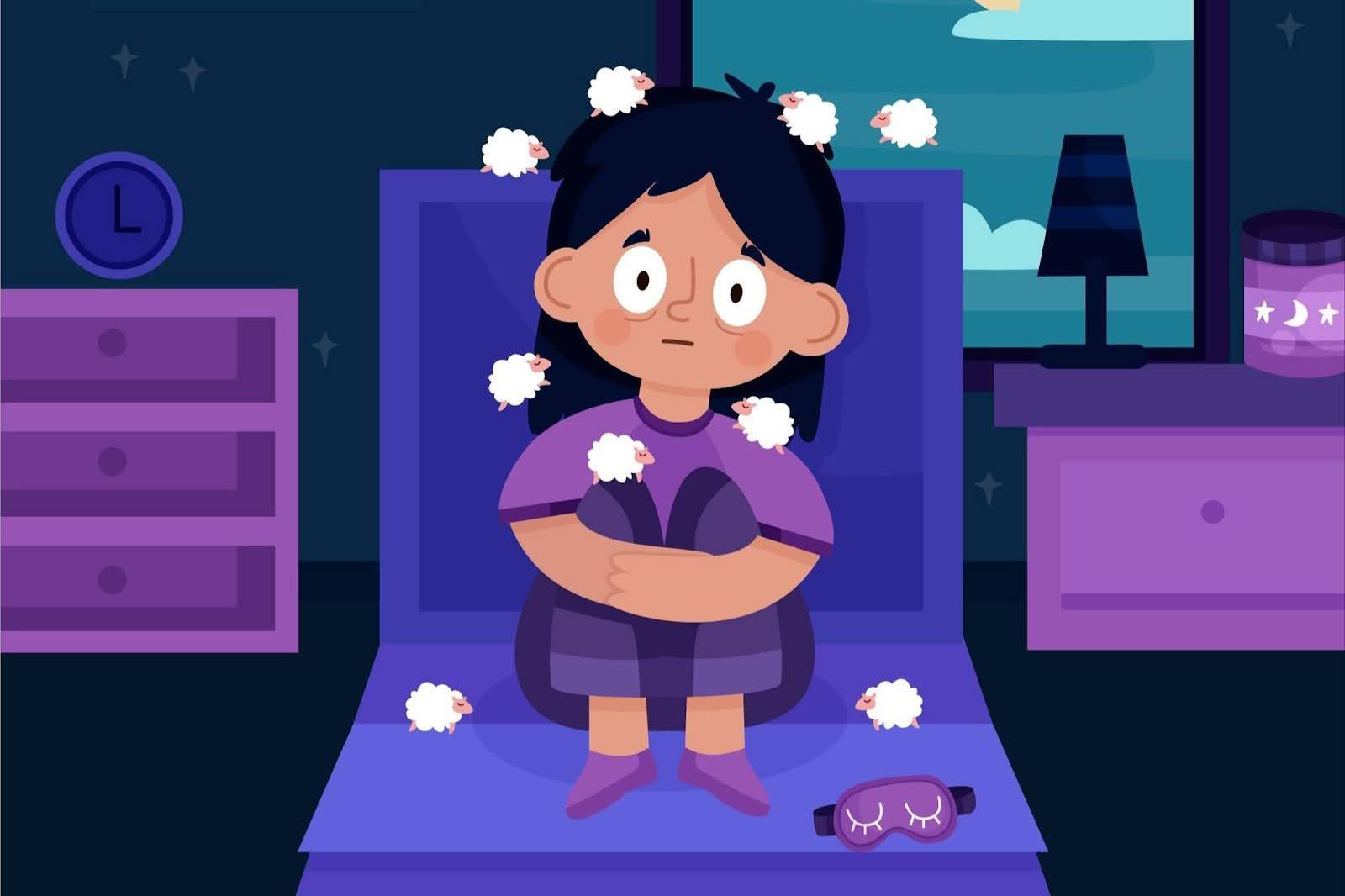Sponsor
What Happens When You Don’t Get Enough Sleep?

Sleep is an essential function that allows the body and mind to recharge, ensuring you wake up refreshed and alert. However, in today's fast-paced world, many people sacrifice sleep due to work, lifestyle habits, or stress. Lack of sleep can have both short-term and long-term effects on overall health. Here’s what happens when you don’t get enough sleep:
The Hidden Consequences of Sleep Deprivation
1. Impaired Brain Function and Memory Loss
One of the first noticeable effects of sleep deprivation is reduced cognitive function. Sleep plays a critical role in memory consolidation, problem-solving, and decision-making. Without adequate rest, you may struggle with focus, learning new information, and retaining memories.
2. Weak Immune System
Your body repairs and strengthens the immune system while you sleep. Chronic sleep deprivation weakens immunity, making you more susceptible to colds, flu, and other infections.
3. Increased Risk of Heart Disease
Lack of sleep can lead to high blood pressure, increased stress hormone levels, and inflammation—all of which contribute to heart disease. Studies suggest that poor sleep habits are linked to a higher risk of heart attacks and strokes.
4. Hormonal Imbalances and Weight Gain
Sleep regulates hormones that control hunger and metabolism. Insufficient sleep increases levels of ghrelin (hunger hormone) and decreases leptin (satiety hormone), leading to overeating and weight gain. It also affects insulin sensitivity, increasing the risk of type 2 diabetes.
5. Mood Swings and Mental Health Issues
A lack of sleep can contribute to irritability, anxiety, and depression. Sleep helps regulate emotional responses, and chronic sleep deprivation can make it harder to manage stress and maintain a balanced mood.
6. Increased Risk of Accidents
Drowsiness slows reaction time and impairs judgment, increasing the risk of accidents, whether while driving, operating machinery, or performing daily tasks. Studies have shown that sleep-deprived individuals are more prone to making mistakes.
7. Poor Skin Health and Premature Aging
During sleep, the body repairs damaged skin cells and produces collagen, essential for maintaining skin elasticity. Sleep deprivation leads to dull skin, dark circles, and premature signs of ageing.
8. Reduced Productivity and Creativity
Without adequate sleep, you may struggle with concentration, problem-solving, and creative thinking. Whether at work or in daily life, sleep-deprived individuals often find it harder to perform at their best.
How Much Sleep Do You Need?
The recommended amount of sleep varies by age, but on average:
-
Adults: 7-9 hours per night
-
Teenagers: 8-10 hours per night
-
Children: 9-12 hours per night
How to Improve Sleep Quality
-
Stick to a Schedule – Maintain a consistent sleep and wake time daily.
-
Create a Relaxing Night Routine – Engage in calming activities like reading or meditation.
-
Limit Screen Time – Reduce blue light exposure by avoiding screens before bedtime.
-
Watch Your Diet – Avoid caffeine, heavy meals, and alcohol close to bedtime.
-
Optimize Your Sleep Environment – Keep your bedroom cool, dark, and comfortable.
-
Consider Supplements – Natural sleep supplement with melatonin, magnesium, or valerian root can help support relaxation and better sleep. Combining with ome the Omega-3 Capsules with sleep supplements will improve sleep and prevent REM sleep.
Conclusion
Sleep is not just a period of rest—it is a fundamental pillar of overall health and well-being. Chronic sleep deprivation can affect everything from brain function and immunity to heart health and emotional stability. Prioritizing good sleep habits, creating a restful environment, and considering natural sleep-supporting supplements when needed can make a significant difference in sleep quality. By making sleep a non-negotiable part of your routine, you can improve your energy levels, cognitive performance, and long-term health. Remember, quality sleep is not a luxury—it’s a necessity for a healthier and more productive life.
Categorieën
Read More
The global consumer electronics repair and maintenance market size is expected to reach USD 25.15 billion by 2030, growing at a CAGR of 4.9% from 2024 to 2030, according to a new report by Grand View Research, Inc. The proliferation of consumer electronics in everyday life has been a major driver behind the rising demand for repair and maintenance services. With the increasing reliance on...

IMAT, or the International Medical Admissions Test, is a competitive test tailored for students who aspire to study medicine or surgery in English at Italian public universities. Organized annually by the Italian Ministry of Education in collaboration with Cambridge Assessment, the IMAT functions as a gateway for EU and non-EU students pursuing top medical schools in Italy. Its recognition has...



